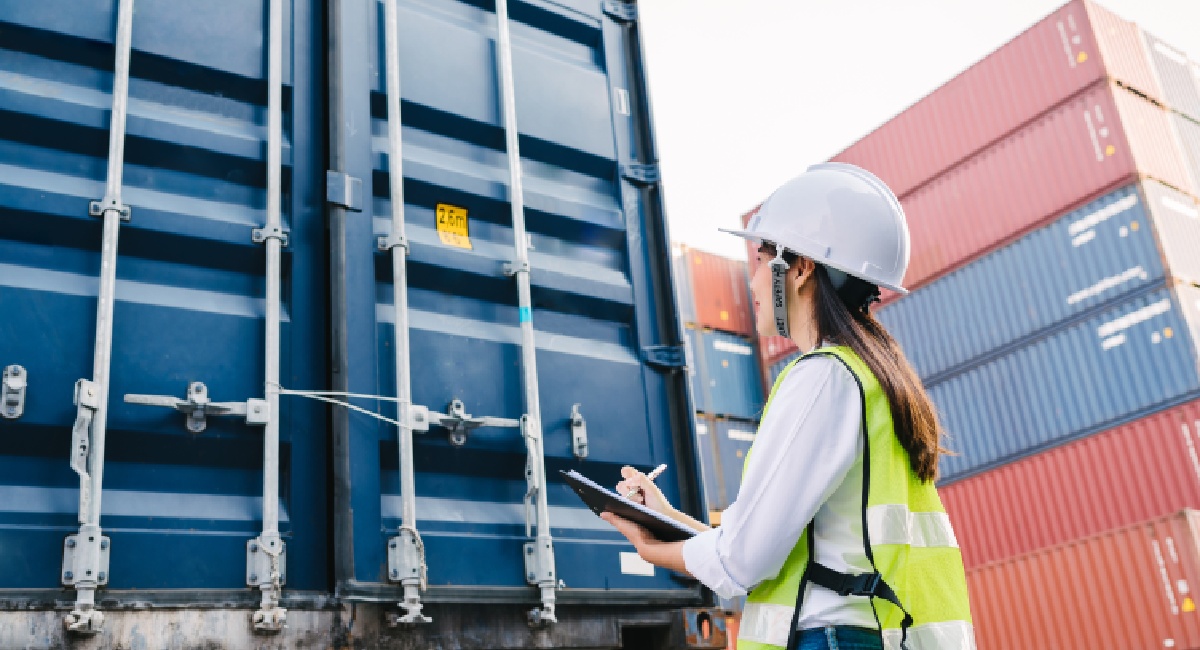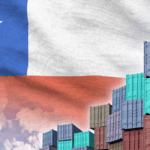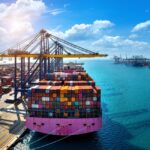When it comes to international trade, customs is one of the most critical aspects to manage. Each country has its own regulations, and in some cases, these can be extremely strict, making the import and export process complex and full of obstacles.
If shipping goods abroad were always simple, no company would face delays, endless documentation, or unexpected taxes. But reality is quite different.
In this guide, we will analyze the strictest customs in the world, providing advice on how to best manage customs clearance procedures and identifying countries with the most efficient regulations.
Which Are the Strictest Customs in the World?
Customs regulations vary significantly from country to country: while some nations have streamlined and transparent procedures, others impose rigorous controls, detailed documentation, and high customs costs.
Below, we highlight the main difficulties companies may encounter when shipping goods to each of these countries.
Brazil
Brazil is known for having one of the most complex customs systems in the world. The customs clearance procedures are characterized by high bureaucracy, detailed inspections, and particularly high import taxes.
To overcome these obstacles, it is necessary to have a local customs broker assist with operations. The required documentation is very specific and includes detailed commercial invoices, certificates of origin, and product identification codes. Additionally, every shipment must be pre-declared to avoid delays and issues with customs authorities.
India
Similar to Brazil, India also imposes strict rules, particularly regarding the necessary import documentation. In addition to the commercial invoice, a certificate of origin is required, and in many cases, the KYC (Know Your Customer) form. Furthermore, both the sender and the recipient must provide passport copies and a Power of Attorney for the customs broker to complete the procedure.
Another critical aspect is the variability of regulations depending on the port of entry, which can lead to unpredictable delays. To facilitate the process, it is advisable to plan ahead and carefully verify all required documents.
United Kingdom
After Brexit, the United Kingdom introduced new customs regulations, making the import and export process more complex than before. In addition to standard documents, obtaining an EORI (Economic Operators Registration and Identification) number is mandatory for customs clearance.
South Africa
South Africa’s customs procedures are characterized by long processing times and a complex bureaucratic system. While the required documentation is similar to that of other countries, the approval process can be unpredictable.
To avoid delays and additional costs, it is advisable to work with a local customs broker who understands the South African customs system and can facilitate clearance.
Guatemala
Shipping goods to Guatemala can be complicated due to stringent customs regulations. Extensive documentation is required, including detailed invoices and certificates of origin, as well as strict pre-declaration procedures.
Companies operating with Guatemala must ensure that all documentation is well-organized and collaborate with a local broker to avoid issues with customs authorities.
Philippines
The Philippines is known for having a particularly complex customs system, with high tariffs and strict regulations. The entire clearance process can be lengthy, costly, and full of bureaucratic hurdles.
To simplify the process, it is crucial to prepare all required documents in advance, including detailed commercial invoices and certificates of origin.
Turkey
In Turkey, the customs clearance process can be unpredictable and often influenced by sudden regulatory changes. Customs authorities may impose specific restrictions on certain products and require additional documentation.
Indonesia
Another country that imposes strict import restrictions and requires thorough documentation checks is Indonesia. The customs clearance process can be lengthy, especially if the shipment is not accompanied by all necessary documents.
To avoid complications, it is essential to collaborate with an experienced customs broker who can ensure compliance with local regulations and facilitate the passage of goods.
Mexico
Mexico presents unique customs challenges, especially for those importing textiles or large quantities of products. The country imposes strict restrictions on imported goods’ volumes and applies high duties on merchandise from China.
To avoid issues, many companies choose to ship non-textile products, such as technology, which are not subject to the same restrictions. Additionally, for B2C shipments, Mexico imposes a maximum limit of nine items per shipment, complicating operations for companies selling directly to consumers.
How to Handle Customs Clearance in the Most Complex Customs?
Navigating the strictest customs regulations can be challenging, but with the right preparation, it is possible to reduce the risk of delays and complications. Now that we have seen which customs are the most severe, let’s look at how to handle them most effectively.
First of all, it is essential to know in detail the regulations of the destination country. Customs laws change frequently, so it is useful to monitor updates and adjust accordingly.
Additionally, one of the main causes of delays is incomplete or incorrect documentation. Small errors in documents can lead to customs holds and additional costs. Therefore, every commercial invoice, certificate of origin, and declaration must be completed with maximum accuracy.
Finally, collaborating with local customs brokers and international logistics experts can make a difference. These professionals know the procedures in detail and can facilitate the entire process, avoiding unforeseen problems.
Which Countries Have the Best Customs and Customs Procedures?
While some customs are known for their rigidity, some countries stand out for their streamlined and efficient procedures, facilitating international trade.
Among the best are Hong Kong and Singapore, which boast clear, digitized procedures free of excessive bureaucracy, making them two of the world’s leading trade hubs.
The United Arab Emirates has also established itself as a model of efficiency thanks to significant investments in logistics infrastructure and digitized customs systems that simplify foreign trade.
In Europe, Finland, Netherlands, Luxembourg and Ireland stand out, where bureaucratic procedures are minimized and customs clearance times are among the fastest in the world. For example, in Finland, the entire export process takes less than 36 hours, while in Ireland, it is reduced to just 24 hours.
New Zealand and Georgia also excel in customs efficiency due to simplified regulations and advanced infrastructure that facilitate international trade.
Finally, Qatar has invested in digitizing processes, creating a fast and transparent system that makes it an important logistics hub in the Gulf region.
Having an efficient customs system is a strategic advantage for any country, as it promotes global trade and reduces costs for businesses. However, not all nations offer the same level of ease in customs clearance, which is where the most unexpected risks for companies arise.
The Main Unexpected Customs Risks
Beyond the rigidity of regulations, there are unforeseen risks that can negatively impact a company’s customs operations. Let’s see the most common ones and how to avoid them.
One of the main risks concerns dual-use products, which may be subject to restrictions if intended for military use. Declaration errors can lead to penalties or goods being seized. Another common issue is intellectual property violations, with counterfeit goods being confiscated, which cannot be detected by simple X-ray scans.
Incorrect tariff classification is another significant risk: a wrong customs code can result in lost tax benefits or higher-than-expected duties.
Moreover, problems can arise due to poor internal communication: if a company changes suppliers or transportation methods and fails to update customs declarations, it may face retroactive penalties. Additionally, sanitary and phytosanitary regulations can block the import of food products if the country of origin does not meet the required standards.
Finally, with the increase in post-clearance audits, companies may face customs inspections years after importation, risking fines and additional duties.
In conclusion, customs procedures can either be a resource or an obstacle to international trade, depending on the country and a company’s preparation. Understanding regulations, proper document management, and an effective compliance strategy are essential elements to minimize risks and ensure smooth operations.
In short, relying on industry experts is not just advisable but strategically essential. CTI offers specialized consulting to support companies in managing logistics and customs regulations.
If you want to ensure seamless shipments and minimize risks, contact our team for a personalized consultation!










